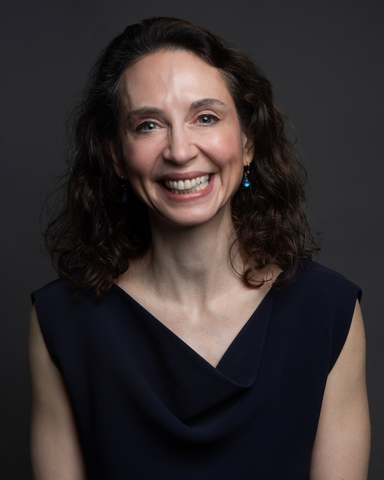Jessica Sager
Bio
Jessica Sager is the co-founder and chief executive officer of All Our Kin, a nonprofit that trains, supports and sustains family child care providers to ensure that children and families have the foundation for success in school and in life. Through All Our Kin, caregivers succeed as business owners; working parents find stable, high-quality care for their children; and children receive early learning experiences that lay the groundwork for achievement in school and beyond. A graduate of Barnard College and Yale Law School, Jessica co-teaches a seminar on “Child Care, Society, and Public Policy” at Yale. She is a trustee of the William Caspar Graustein Memorial Fund and the Vice-Chair of the Low Income Investment Fund. She has provided commentary on child care issues for Time, The Hill, New America, the New York Daily News, Education Week, and Fortune. Jessica’s honors include the US Small Business Administration’s “Women in Business Champion” award (2012), the Connecticut Women’s Hall of Fame (2013), New Profit’s “Extraordinary Social Female Entrepreneur” designation (2014), the Roslyn S. Jaffe Award Grand Prize (2015), and the Ashoka Changemakers/Robert Wood Johnson Champion of Children’s Wellbeing award (2016). She is an Ashoka Fellow, a Fellow of the 14th class of the Pahara-Aspen Education Fellowship, and an Aspen Braddock Scholar, and was named to the CARE 100 list of the Americans doing the most to re-imagine and re-humanize our care system.
Contact
Education
- B.A.: Barnard College, 1994
- J.D., Yale Law School, 1999
Personal Website
Associations
Video
- 2022-08-22 - “Investing in Caregivers,” Resnick Aspen Action Forum, The Aspen Institute
Classes Taught at Yale
- “Child Care, Society, and Public Policy,” Spring 2024 - In the United States, children under the age of five spend their days in a variety of settings: with parents, with relatives, or in formal or informal paid care settings inside or outside the home. The decisions that we make as a society about where young children belong and how to regulate, pay for, and support these child care arrangements have a profound impact on the well-being of children, families, educators, and the economy. What we decide, and how we make our decisions, is deeply linked with our ideas about gender, race, and poverty, our beliefs about the value of children, parents, and caregivers, and how we think about individual versus collective responsibility. In this course, we will explore some of those connections and preconceptions, and evaluate the ways in which our child care choices impact all of us, whether we have children of our own or not. We will also discuss the ways in which the COVID-19 pandemic has disrupted the already fractured child care system, and new ways in which advocates, educators, and policymakers are thinking about the future of care.
